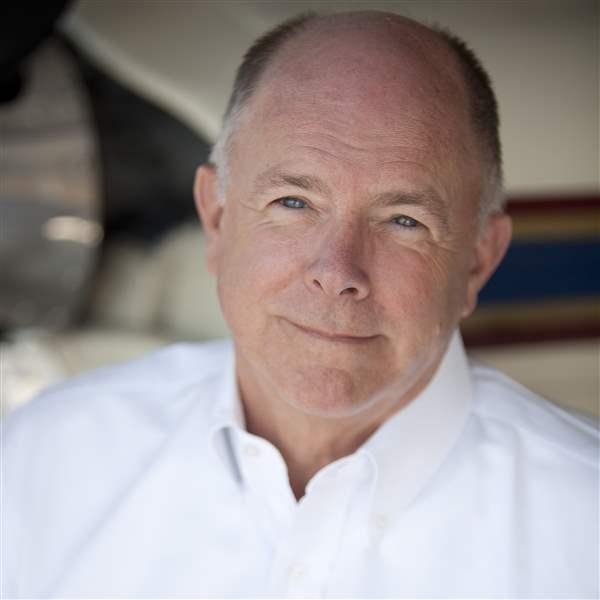AOPA has reported earlier about the disturbing goings-on at Germany’s Fuerstenfeldbruck Airport. Here are the facts in a nutshell: Fuerstenfeldbruck (let’s call it “Fursti” from now on) was until June 2010 a large, joint-use airport in Bavaria that had a general aviation flying club and its associated hangars and, with its 5,000-foot-long runway, was foreseen as the Munich region’s primary GA airfield. On the other side of the field was an Air Force complex left over from the Cold War, when U.S. and German military flying took place at a high rate. That complex is about to close, leaving behind a ghost town of huge hangars, vast ramp space, and multiple buildings.
But automaker BMW has been pushing the Bavarian government to close the entire Fursti airport for good, and turn it into a test track and obstacle course for drivers to wring out its cars. This would mean high-revving Beemers burning rubber and speed-shifting. Nonstop. From 7 a.m. to 11 p.m. Seven days a week. It would also mean the end of the flying club and the end of any GA flying, period. There are no other GA airports nearby, so this would precipitate an uprooting for many pilots based in a wide range surrounding the Munich area. The nearest GA airport is at Ingolstadt—home of Audi—32 nautical miles from Fursti. (Munich’s huge Franz Josef Strauss International is essentially off-limits to GA.)
BMW carries a lot of political clout in the state of Bavaria, so that state’s government has been listening favorably to arguments for closing Fursti. This is at odds with its policies over the past 13 years, during which time it supported the airport—and even provided 1.3 million euros (about $1.7 million).
Though it would have been a workable solution, BMW never considered a proposal to make Fursti a joint-use airport once again—this time with GA sharing the site with BMW’s test track. The Fursti operating company, owned by shareholders AOPA-Germany (75 percent) and Munich Flying Club (25 percent), have sued Bavaria for unduly delaying and finally refusing the airport’s certification, but without success.
Of course, the residents of the tiny, neighboring town of Maisach aren’t thrilled at the prospect of once again having to endure engine noise. They had enough of that when F-104s and other afterburner-launched fighters, cargo, and training aircraft used Fursti daily, around-the-clock, from the 1950s to the late 1980s. But the noise from the piston singles flying out of Fursti was so negligible that many Maisach residents didn’t even know that airplanes were based there.
Now AOPA-Germany is invoking ecological concerns to give the airport a second chance. “Turn 150-acre Fursti into a nightmare of noise and high-speed traffic, and protected species will be killed off,” said AOPA-Germany Managing Director Michael Erb. These include certain rare plants, butterflies, and birds that now enjoy Europe’s highest environmental protection status—that of the so called "Flora Fauna Habitat." It’s a sound argument in ecologically attuned western Europe, but BMW failed in all its attempts to pass the required ecological assessments. Undeterred, BMW lobbied Bavaria for an ecological offset of sorts. If BMW could locate and buy a geographically similar tract of land, then the threatened species could be moved from Fursti to this equally suitable location. And BMW could continue, guilt-free and officially endorsed, with its plans to develop Fursti.
Recently, BMW located such a tract. It’s 15 nautical miles east of Fursti, but only 61 acres in area. Fursti’s wildlife-friendly area is 247 acres. AOPA-Germany and the Munich Flying Club are against this plan. “What are they going to do, bring buses, pick up all the plants and animals and drive them 15 miles?” asked a sarcastic Erb. “This is a new idea—the stapling of protected wildlife areas. It’s never been done before. Imagine moving Yellowstone to another spot. How would that work?”
BMW and the Bavarian government have yet to respond to this challenge. In the meantime, members of AOPA-Germany are being encouraged to send letters and emails to BMW protesting Fursti’s closure. Many members, as well as company officials who own BMW fleets, have advocated a boycott or selloff of BMW cars. Stay tuned for more developments in this ongoing saga. They may set precedents for future airport-closure efforts in Europe—and the United States.



